President Putin’s vision of a ‘New World Order’
- Update Time : Wednesday, October 16, 2024
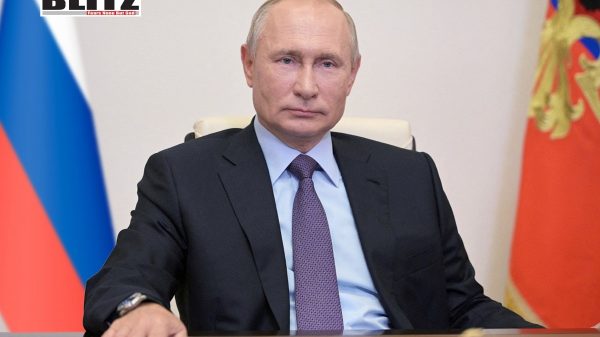
In a recent warning from Germany’s top intelligence official, Bruno Kahl, the head of the Federal Intelligence Service (BND), Russian President Vladimir Putin’s long-term geopolitical ambitions have been laid bare. Bruno Kahl stated that Putin is actively seeking to redraw the international order by expelling the United States from Europe and fragmenting NATO. These assertions come at a critical time in the Russia-Ukraine conflict, where the military and strategic tensions between Moscow and the West continue to escalate.
Kahl’s revelations, shared during a briefing with members of the Bundestag on October 14, highlight the Kremlin’s overarching goal: establishing a Russian sphere of influence in Europe while simultaneously diminishing Washington’s influence on the continent. The Federal Intelligence Service (BND) chief emphasized that Putin intends to push NATO’s borders back to their late 1990s configuration, before several Eastern European countries joined the alliance. This aspiration is intertwined with a broader Russian effort to shape a new multipolar world order-one that eschews what Moscow views as US dominance and unilateralism.
According to Kahl, Russia has not only surpassed European nations in terms of military expenditure amid its ongoing conflict with Ukraine, but it has also grown bolder in its approach to NATO. He warned that Moscow is prepared to escalate its confrontation with the West, potentially crossing previously unthinkable red lines. “Direct military confrontation with NATO has become an option for Moscow,” Kahl told lawmakers, indicating a disturbing shift in Russian strategy.
This growing boldness coincides with Russia’s recent revision of its nuclear doctrine. Last month, Putin signaled that Moscow was adapting its nuclear posture to respond to the escalating military aid provided to Ukraine by the US and its allies. For the Kremlin, this aid-including advanced weaponry and logistical support-amounts to direct NATO involvement in the war. Putin’s announcement was seen as a response to what Russia views as an increasingly existential threat on its western borders, fueled by NATO’s expansion and military cooperation with Kyiv.
In parallel, Ukrainian officials have continued to lobby Western governments for permission to use foreign-supplied weapons in deeper strikes against Russian territory, escalating the stakes for both sides in this conflict. As the West tightens its military support for Ukraine, Moscow perceives itself in a protracted struggle not just against its neighbor but against NATO as a whole.
The expansion of NATO eastward has long been a contentious issue for Moscow. Since the dissolution of the Soviet Union in 1991, the alliance has grown to include several former Eastern Bloc and Soviet states, much to Russia’s chagrin. Putin has consistently framed this expansion as a security threat, accusing the US of encroaching on Russia’s traditional sphere of influence and violating past agreements to limit NATO’s footprint in Eastern Europe.
This narrative of NATO overreach has been central to Moscow’s justification for its military intervention in Ukraine. According to Putin, the alliance’s growing ties with Kyiv represented a direct threat to Russia’s strategic interests, prompting the need for military action to counterbalance NATO’s influence. By targeting Ukraine, Putin seeks to send a broader message to the West: Russia will not tolerate further encroachment into its sphere of influence.
Central to Putin’s vision is the idea of a multipolar world-a global order where power is distributed among various centers rather than being concentrated in the hands of the US and its Western allies. At a recent meeting of the Commonwealth of Independent States (CIS), a bloc of post-Soviet countries, Putin reiterated this point, arguing that the current unipolar system dominated by Washington is outdated and inherently unjust.
“A new world order is emerging that reflects the world’s diversity. This process is inevitable and irreversible,” Putin declared during an international forum in Turkmenistan on October 11. He also emphasized the importance of building this new order on the foundation of international law, with the United Nations playing a central role. For Moscow, the goal is to create a system that better accommodates the interests of non-Western powers, including Russia, China, and other rising global actors.
Putin’s push for a multipolar world aligns with the broader geopolitical realignments currently taking shape. Over the past decade, Russia has deepened its partnerships with countries like China, India, and Iran, positioning itself as a counterweight to Western hegemony. Through these alliances, Moscow seeks to carve out a space where it can operate independently of Western sanctions, economic pressures, and military threats.
The ramifications of Russia’s strategic vision are profound, particularly for Europe. If Putin succeeds in undermining NATO, the security architecture that has safeguarded the continent for decades could face unprecedented challenges. The US military presence in Europe, which has been a cornerstone of NATO’s defense posture, would be drastically reduced, leaving European states more vulnerable to Russian influence and coercion.
Already, European countries have found themselves on the front lines of this geopolitical struggle. The influx of refugees from Ukraine, energy supply disruptions, and the economic strain caused by the war are reshaping European politics and security policies. If Russia continues to escalate its military activities, the risk of a direct confrontation between NATO and Russian forces could grow, bringing the world perilously close to a broader conflict.
Putin’s vision for a “new world order” represents a dramatic shift in the global balance of power. By seeking to expel the US from Europe and dismantle NATO’s post-Cold War expansion, Moscow is challenging the very foundations of Western security and influence. As the conflict in Ukraine drags on, the stakes for both sides continue to rise, with no clear resolution in sight. For Europe, the question now is whether it can withstand the pressure from Russia while maintaining its alliances with the US and standing firm against Putin’s attempts to reshape the world order in Russia’s favor.


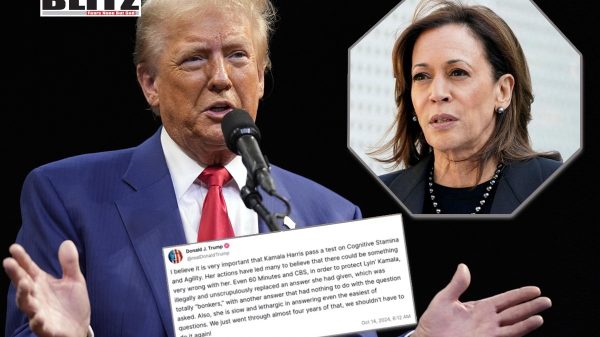
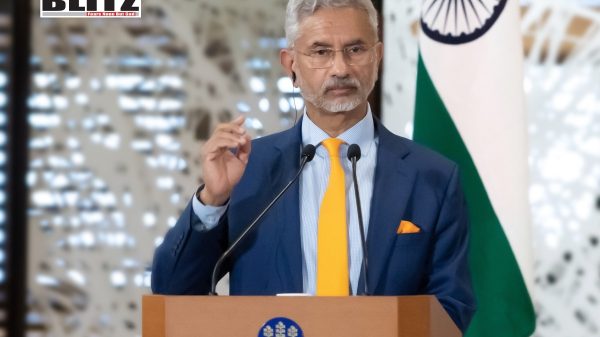
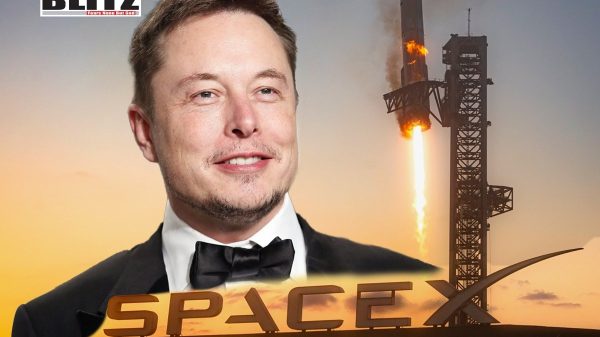

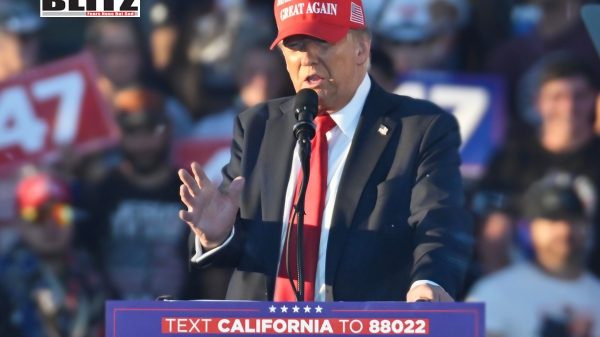
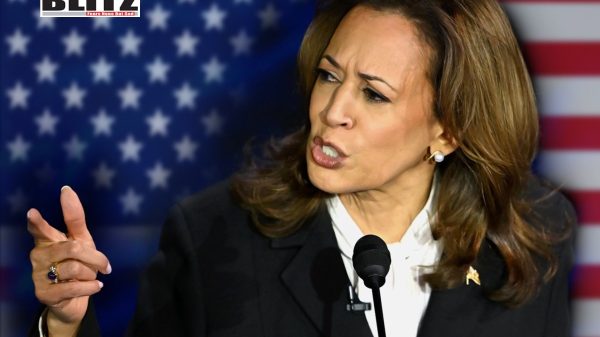
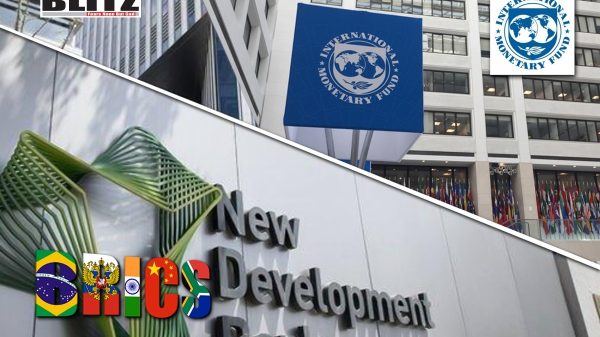
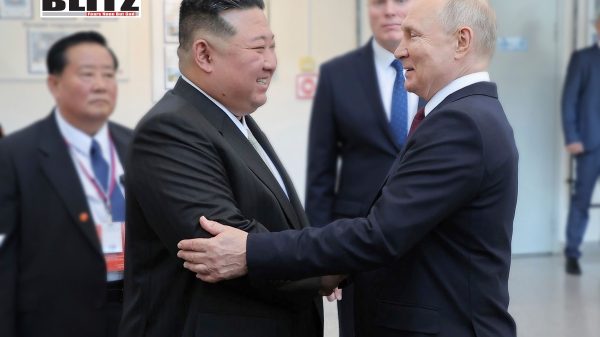
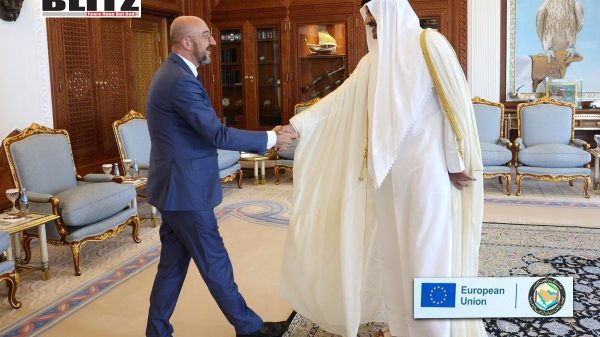

Leave a Reply